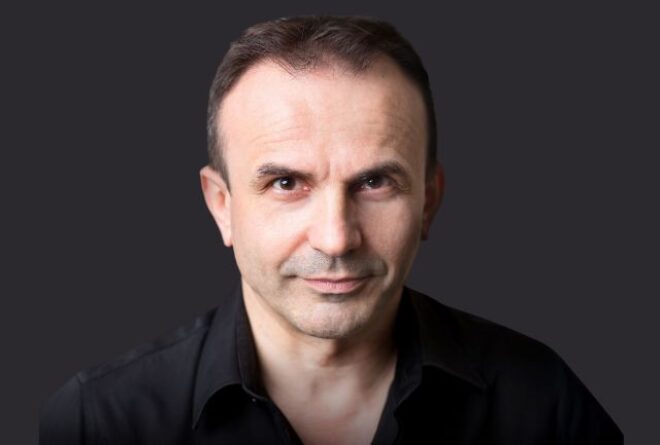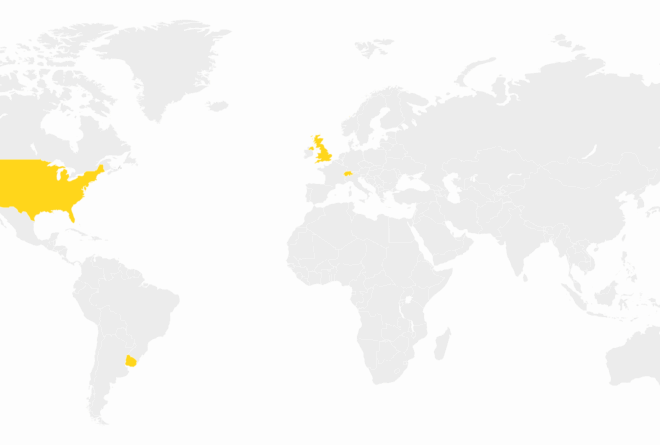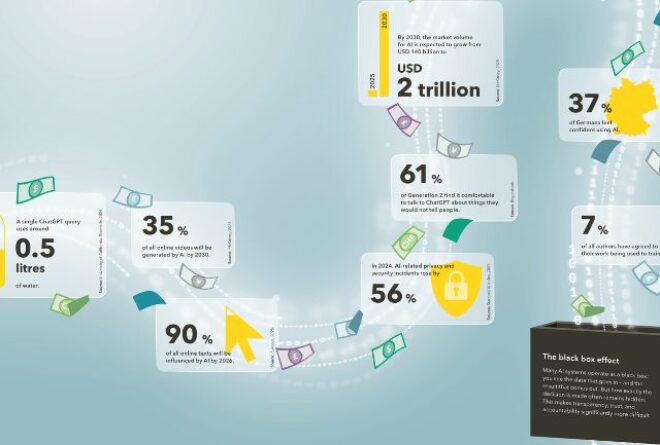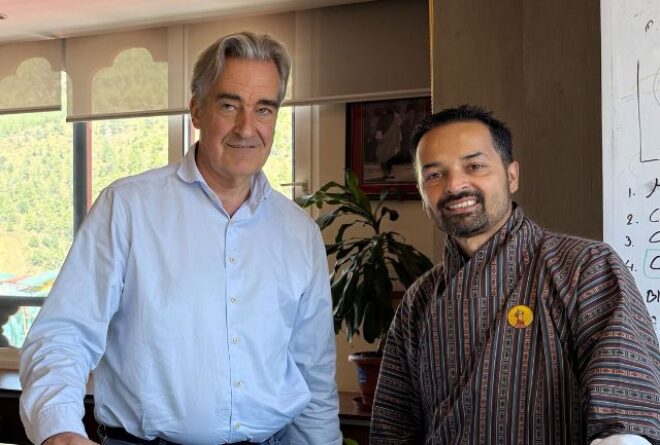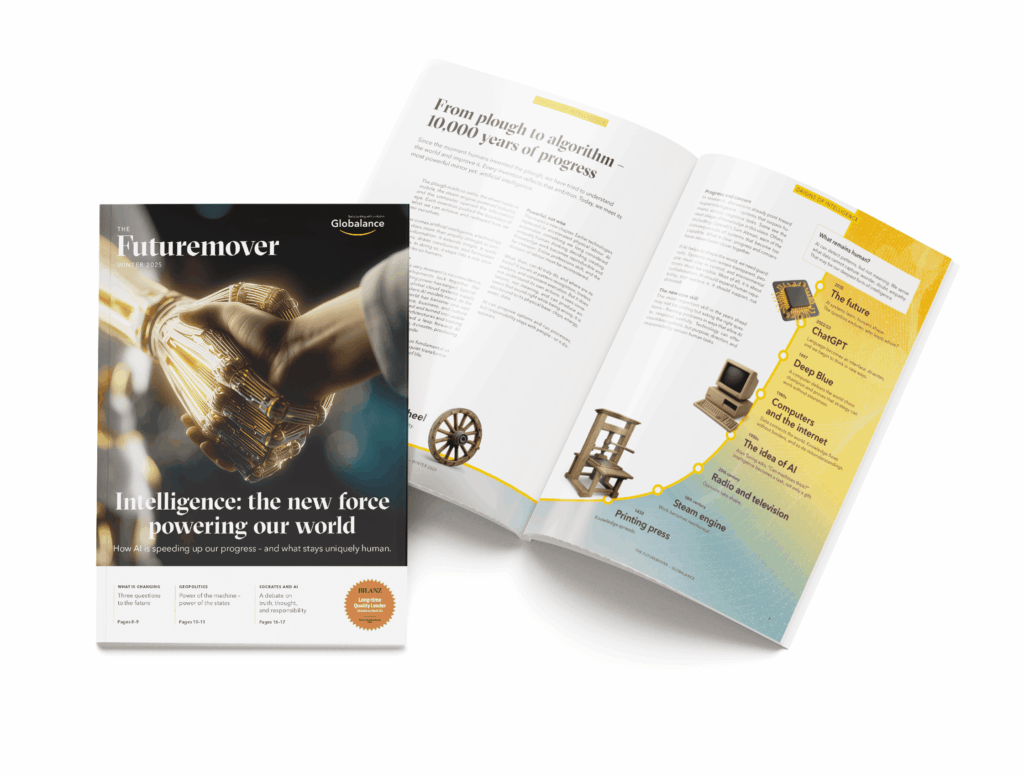News & Trends
Tackling the «hidden pandemic» with precision
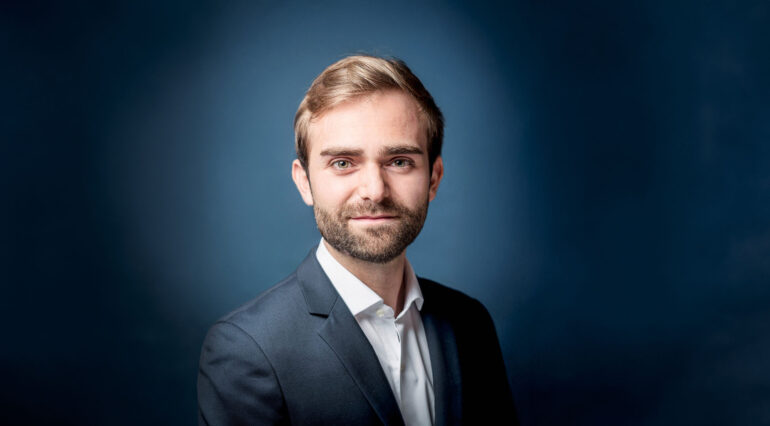
Biotech entrepreneur Xavier Duportet
As co-founder of biotech firm Eligo Bioscience, French scientist Xavier Duportet is tackling one of the truly major global issues: antibiotic resistance. To attract investors, he took an innovative, entrepreneurial approach.
Xavier Duportet is only 37 years old. Incredibly smart, he has devoted himself to science since his childhood. His passion for biotechnology was originally sparked by ants. As a 12-year-old, he worked as an intern in a genetic engineering laboratory for insects — and from that point on wanted to become a genetic engineer. These days, he’s motivated by the power of science and entrepreneurship, believing we can solve global problems through research and innovation. Some of them, at least — including the problem of antibiotic resistance, which is what has driven Duportet since his doctorate in synthetic biotechnology.
Market too small for global problem
Antibiotic resistance is a very urgent challenge. Since the discovery of penicillin by Alexander Fleming in 1928, antibiotics have been the only effective treatment against harmful bacteria. The more antibiotics we use in human medicine or animals, the more quickly bacteria develop resistance. This has grave consequences, because without effective antibiotics every case of pneumonia becomes life-threatening. People can die from hospital germs following routine operations. Cat bites can quickly develop into septicaemia.
But while experts have for many years talked about a “hidden pandemic” that claims more victims every year, the market for developing new antibiotics is unattractive. Fact is, in order to prevent further resistance, doctors should only be using new active ingredients in human medicine and only in patients with resistance. In other words, they should be reserved for emergencies — so, it’s not a lucrative business for pharmaceutical companies.
Success down to entrepreneurial innovation
This reticence was also noted by start-up Eligo Bioscience, which Duportet set up jointly with professors from the Massachusetts Institute of Technology (MIT) and French research institute Inria in 2014 at the age of 27. Duportet quickly recognized that no investors could be found in the antibiotics market. Without losing sight of his objectives, he looked for a solution that would be more attractive from an entrepreneurial perspective: rather than focusing on resistance, Eligo Bioscience soon turned its attention to the microbiome. This consists of billions of bacteria, which inhabit the human body. It is now undisputed that the microbiome plays a crucial role in our health and immune system.
However, the fact is that antibiotics weaken the microbiome every time they are taken: as well as attacking harmful bacteria, their active ingredients also affect the useful bacteria contained in the digestive tract. However, that isn’t the case with Duportet’s patented CRISPR method: it specifically targets the genome of individual gut bacteria and therefore leaves the microbiome alone. The market for this precise, protective antibiotic is huge. At the same time, the technology has the potential to solve the problem of antibiotic resistance. Business success was not long in coming, and the first investors were soon on board.
Plea for research and entrepreneurship
Duportet pleads for greater entrepreneurship in research, believing researchers can solve global challenges using deep tech. He calls on science firms to not only concentrate on technological developments but also to sell themselves better. And he encourages scientists to establish start-ups. He wants them to cast off their modesty and use their scientific findings to develop products that will change the world.
Young Global Leader
The biotech start-up Eligo Bioscience manipulates the genome of specific bacteria using the CRISPR method — or “genetic scissors”. In contrast with conventional antibiotics, the new active ingredients are intended to systematically treat bacterial infections — and as a result protect the microbiome that is so important to health. Experts say Duportet’s biotechnological innovation simultaneously has the potential to solve the problem of antibiotic resistance. The young technology pioneer was rated Young Global Leader by the World Economic Forum (WEF).
However, Duportet is also very innovative as a networker: To strengthen entrepreneurship in science, he set up the charitable organization Hello Tomorrow in 2011. Today, it’s the world’s largest deep tech community — bringing together scientists, investors and entrepreneurs. In addition, Duportet set up Deeptech Founders — a training programme for global founders from the science sector — in 2019. He encourages them to more actively market their scientific findings — and consequently attract investors.
Xavier Duportet’s recipe for success
Passion
Duportet discovered his passion for biological processes at an early age — as a child, he was already determined to become a scientist.
Intelligence
Duportet was an intellectual high-flyer and academically encouraged from an early age.
Science
As a doctoral student, he had the opportunity to apply the CRISPR method to bacteria.
Networking
Together with his professors, Duportet founded Eligo Bioscience as a spin-off.
Entrepreneurship
The Frenchman believes good science is also possible in an entrepreneurial setting.
Flexibility
Because the market for new antibiotics was too small, Duportet focused on the microbiome — with great success.
Be part of the solution and stay informed with the Futuremover.
Subscribe now and shape the future!
Magazin abonnieren EN
"*" indicates required fields
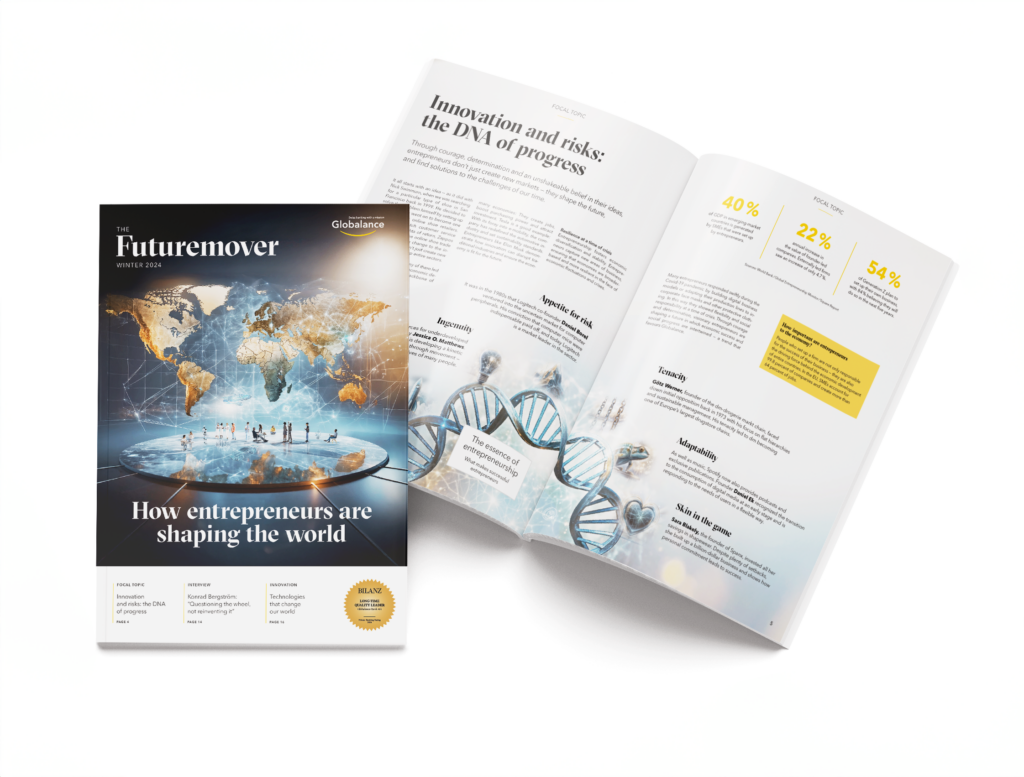
Discover the entire issue
Read more articles from our current issue: ‘How entrepreneurs are shaping the world?’.
